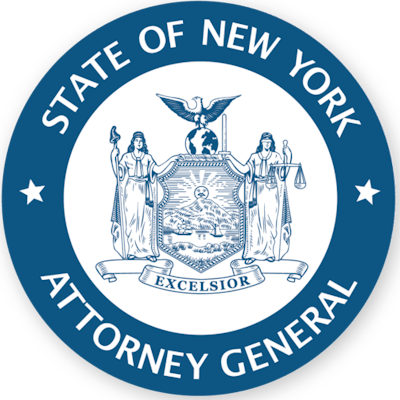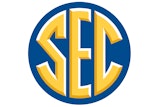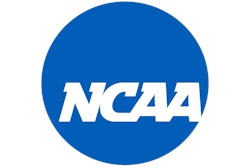
New York attorney general Letitia James joined a bipartisan multi-state coalition in a lawsuit to challenge the NCAA's restrictions on prospective student-athletes’ ability to earn money and benefit from their name, image, and likeness.
According to a release on the official website of the AG's office, the NCAA’s NIL rule prevents student-athletes from reviewing NIL compensation offers before enrolling in a school, restricting students from fully understanding the options available to them before making a decision. The lawsuit alleges that the NCAA’s NIL rule reduces competition among universities and limits student-athletes’ earnings and their ability to choose a college that meets their athletic and career goals. The release continues that in order to stop this unfair practice, the coalition is seeking to require the NCAA to drop its rule banning the use of NIL as a recruiting incentive.
This action follows a lawsuit James and a coalition of attorneys general filed in December 2023 challenging the NCAA’s transfer eligibility rule, which harms student athletes’ ability to transfer to other schools and still participate in collegiate sports, the release states, adding that as a result of that suit, the NCAA has temporarily stopped enforcing the rule.
“New York student athletes are some of the best in the country, and they should be able to make decisions about their athletic career without restrictions,” James said. “The NCAA’s NIL rule limits college athletes’ potential and restricts competition among universities — that’s not fair game. Student-athletes should be able to call the shots on their career fairly and evenly. I am proud to join this lawsuit to continue fighting for fair treatment of student athletes.”
NIL opportunities are offered to student athletes through collectives affiliated with universities and can include video game deals, social media promotions, merchandise, autograph sales, or licensing of their name and images — all of which student-athletes can be paid for, the release states. The NCAA enacted its NIL rule in 2021 and forces student-athletes to commit, enroll or transfer to a university without understanding the full scope of NIL opportunities or comparing those opportunities to ones at competing schools.
The AG website offers this example:
If University A and University B are pursuing a highly sought-after prospective college athlete, the NCAA NIL rule prevents the athlete from speaking to collectives about their potential compensation at either university before committing to a particular school. The rule restricts the athlete from interacting with college coaches and staff about NIL, forcing the student to make a decision without fully understanding what they are offered and decreasing the incentive for the colleges to offer a competitive deal. The coalition argues that this prevents student athletes from fairly negotiating with collectives, reviewing NIL offers prior to making enrollment decisions, and understanding the full scope of NIL-related services a school might offer upon enrollment. The lawsuit describes the NIL rule as similar to a coach looking for a new job and freely talking to many different schools, but not being able to negotiate salary until after committing to a job.
In 2022, New York enacted a law to protect student athletes’ right to earn NIL compensation. The coalition argues that the NCAA’s NIL-recruiting ban limits competition among universities, and artificially decreases NIL compensation for college athletes.
“From the very beginning of the national dialogue related to NIL, Syracuse University has supported reforms and rule changes that support and preserve the rights of student-athletes,” said John Wildhack, the athletic director at Syracuse University, one of 23 Division I schools in the state. “We will continue to advocate on their behalf for a sensible resolution.”
James, described by the AG website as "a national leader in efforts to protect the rights of student and professional athletes and ensure sports regulation authorities are held accountable for illegal policies," is joined in this lawsuit by the attorneys general of Florida, Tennessee, Virginia and the District of Columbia.
According to Competition Policy International, citing a report Wednesday in The Tennesseean, the inclusion of Florida in the lawsuit this week holds particular significance due to the involvement of prominent universities such as Florida State University and the University of Florida in previous NIL-related investigations by the NCAA. Notably, on January 11, the NCAA penalized Florida State University for an incident involving an assistant football coach who facilitated impermissible contact between a transfer prospect and an NIL collective.
With Florida’s participation in the lawsuit, the scope and impact of the legal challenge against the NCAA have expanded considerably, CPI reported. The collaboration among multiple states signals a growing consensus among policymakers and legal authorities regarding the urgency of addressing NIL regulations in collegiate sports.





































